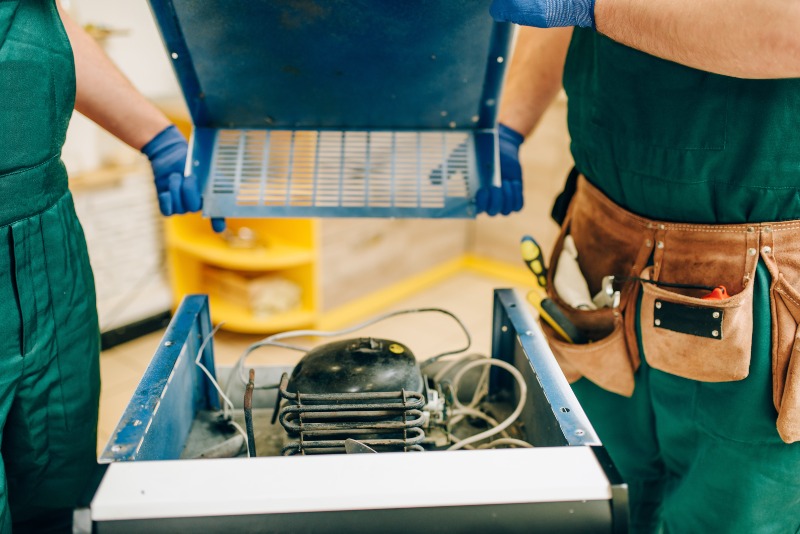Experts Think We Should Repair Items More
- Written by Cynthia Schroeder

Environmental associations and consumer protection groups push for more people to repair broken households rather than buy brand new.
It is becoming more apparent that repairs are becoming more complicated. For example, if a small switch breaks, an entire module must be replaced rather than being able to fix one small . Critics keep speculating that some manufacturers want devices to give up after a certain period of time - called "planned obsolescence".According to the new EU rules, devices should be built in such a way that they can be repaired more easily and can also be recycled at the end of their service life. It is focused on appliances like cooling devices, washing machines, dishwashers, electronic displays, light sources, power supplies, electric motors, and welding torches.
A spokesman from Quality Appliance Repair, one of Australians largest home appliance repair companies added this “ It is often much cheaper to repair an appliance than it is to buy brand new. As much as companies try to get you to buy new, if an appliance is around 5-10 years old, fixing is a viable option.”
According to the EU Commission, both together could bring enormous savings. For example, annual electricity consumption is expected to decrease by 167 billion kilowatt-hours by 2030 - roughly as much as Denmark's annual demand. That means about 46 million tons less carbon dioxide. Consumers should save an average of 150 euros per year.
The EU consumer association BEUC praised: "It is crucial that we step into the current throwaway trend, because it wastes natural resources and draws money out of consumers' pockets." BEUC critically notes that there is a waiting period of three weeks Spare parts for a broken washing machine for families would be a test of patience. The association also criticizes that parts and building instructions are only offered to professional craftsmen and not private individuals who pick up a screwdriver themselves.

























